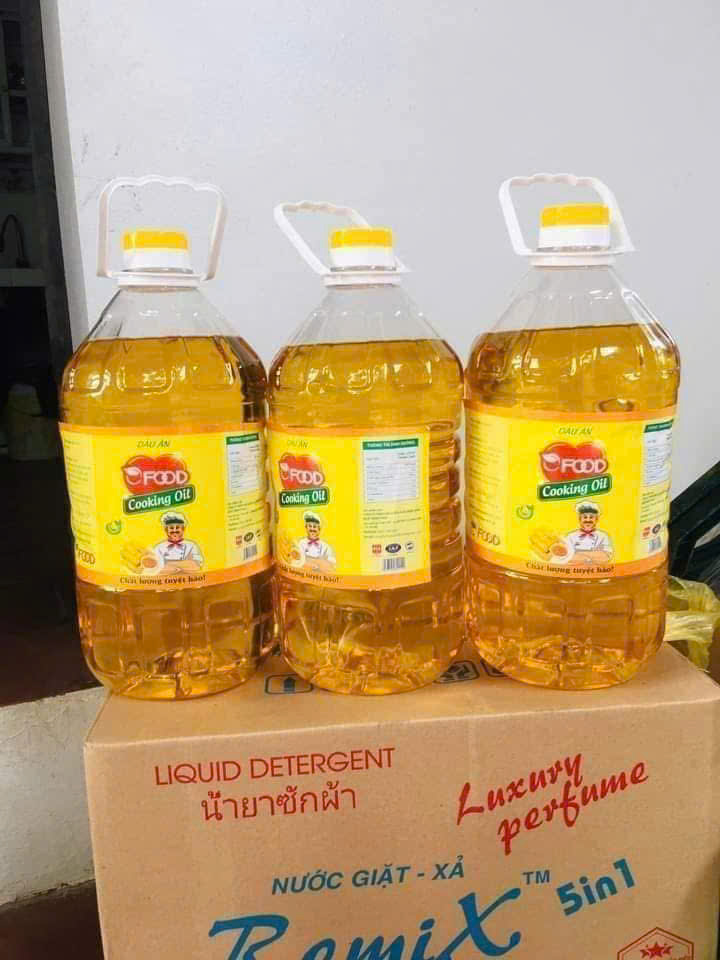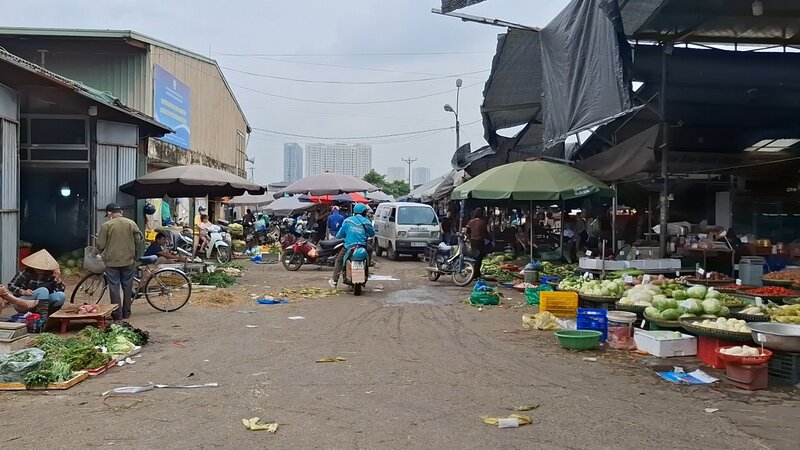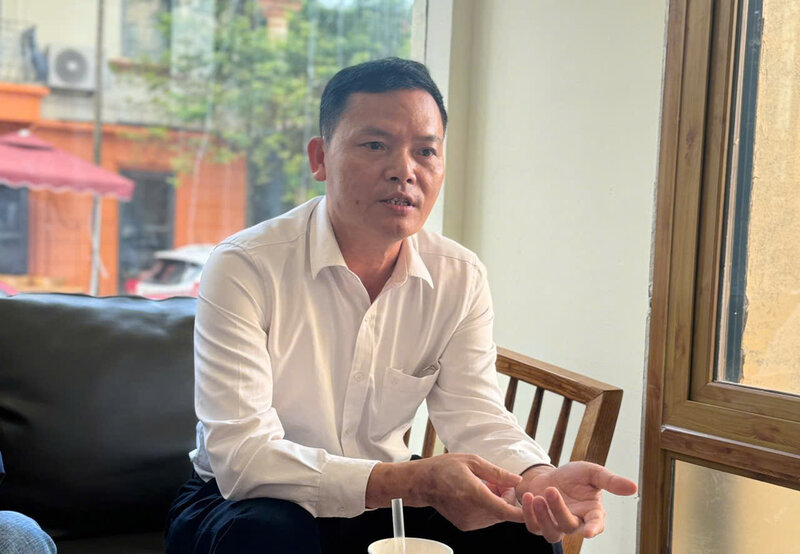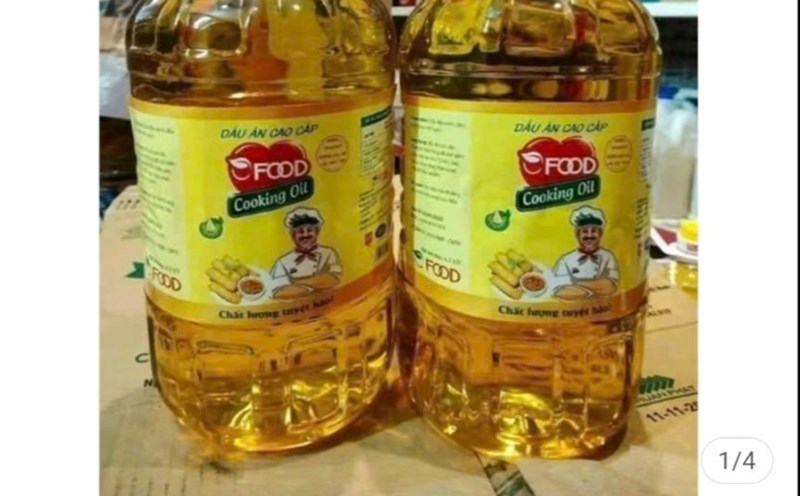Not just a trade scam
According to information published by Vietnam Television (VTV) on the evening of June 24, the Ofood branded cooking oil produced by Nhat Minh Food Import-Export Production and Production Company Limited, which is advertised as a vitamin A supplemental food oil, does not actually contain any micronutrients as advertised.
More worryingly, this product does not meet food hygiene and safety standards and is actually just an industrial oil used in the processing of animal feed.

The incident became more serious when the authorities discovered a ring with sophisticated methods and tricks.
Accordingly, the subjects used underground pipes to pump oil from raw material warehouses for animal feed production to the packaging tank system. They have established a series of companies to license, forge product declarations to legalize goods, then sell them on a large scale.
The particularly dangerous point is that the distribution system does not go through controlled retail channels, but focuses on industrial kitchens, restaurants and snack villages such as bim bim, snacks... - places where consumers are unable to control the origin of raw materials.

From a legal perspective, Lawyer Hoang Van Ha (ARC Hanoi Law Firm) affirmed: The act of producing and trading fake cooking oil not only seriously violates business ethics but also directly violates current legal regulations, with sufficient elements to prosecute criminal liability.
According to Article 192 of the 2015 Penal Code (amended and supplemented in 2017), the act of producing and trading fake goods such as food, foodstuffs, and food additives can be punished with imprisonment from 5 to 12 years, if the illegal profit is from 50 million VND or the value of the goods is from 100 million VND or more.
In case of causing serious consequences for the health and life of consumers, the penalty can be up to 20 years or life imprisonment.
If there is enough evidence to prove that this product causes harm to the health of consumers, the defendants can also be prosecuted under Article 317 of the Penal Code, for violating regulations on food safety.
Don't let the Ofood oil crop become a "temporary hot spot"
According to lawyer Hoang Van Ha, in addition to violating the quality of goods, forging the Ofood brand label also violates Article 213 of the 2005 Law on Intellectual Property (amended and supplemented in 2022). This behavior clearly demonstrates the factors of organization, system, implementation over a long period of time and causing widespread damage.

According to Article 193 of the Penal Code, this behavior can cause defendants to face high sentences if it is proven that there are factors of illegal profiteering or causing serious social consequences.
Notably, if Nhat Minh Food Company is identified as a commercial corporation in violation, the court may apply a fine of 1 to 5 billion VND, accompanied by additional penalties such as permanent suspension of operations, confiscation of vehicles, or ban on the operator from continuing operations for a certain period of time.
Not stopping at criminal liability, enterprises producing and distributing fake cooking oil also face civil liability according to Article 608 of the 2015 Civil Code.
In the event that consumers suffer health damage, lose income, suffer mental losses or even die, businesses must compensate for all arising damages - including treatment costs, burials and other invisible losses.
If the case is brought into a class action civil lawsuit, the financial consequences for the business could be up to tens of billions of VND, not to mention the brand reputation will be completely destroyed.
"The case of fake Ofood branded cooking oil once again raises big questions about the supervisory responsibility of management agencies, especially in the stages of food quality inspection, product declaration supervision and surprise inspection at input material manufacturing enterprises" - lawyer Ha added.
While consumers cannot protect themselves from "legitized" toxic products, the market control and preventive medicine apparatus needs to further tighten legal loopholes, while raising sanctions to deter those who disregard public health.
This incident is not simply a commercial fraud, but a "silent attack" on social trust, on the minimum safety of every meal of the people. And anyone who helps that, whether an organization or an individual, must face the uncompromising severity of the law.










